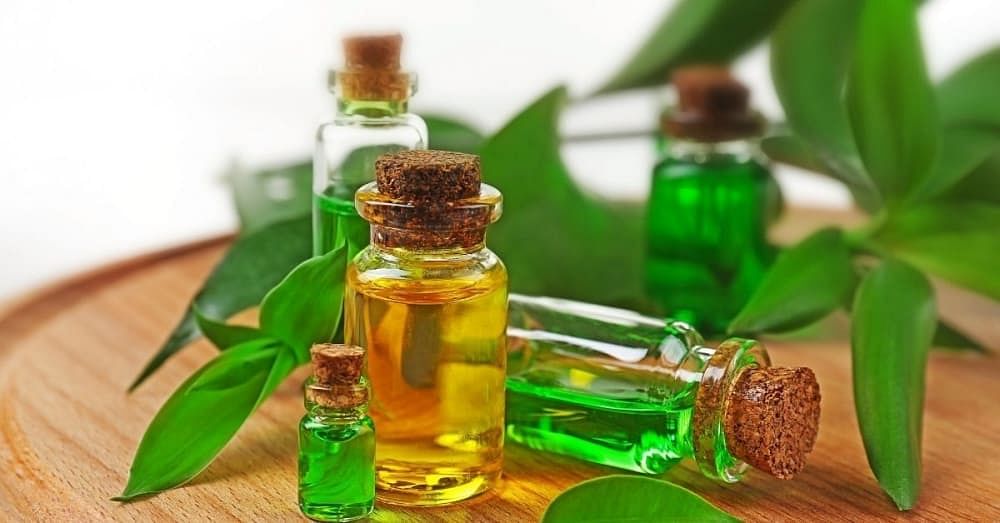Home remedies for acne can offer natural alternatives or supplements to conventional treatments, focusing on reducing inflammation, combating bacterial growth, and promoting skin health. While not all home remedies may work for everyone, many individuals find relief in these natural approaches. Here’s a look at some widely used home remedies for acne:
1. Tea Tree Oil

- How It Helps: Tea tree oil has natural antibacterial and anti-inflammatory properties, making it effective in reducing acne-causing bacteria and soothing inflamed skin.
- How to Use: Dilute tea tree oil with a carrier oil (like jojoba or almond oil) at a concentration of about 5% tea tree oil to 95% carrier oil, and apply it directly to affected areas using a cotton swab.
2. Honey and Cinnamon Mask
- How It Helps: Honey has antibacterial properties, and cinnamon is anti-inflammatory. Together, they can reduce inflammation and fight the bacteria that cause acne.
- How to Use: Mix 2 tablespoons of honey with 1 teaspoon of cinnamon to form a paste. Apply the mask to your face and leave it on for 10-15 minutes before rinsing off with water.
3. Aloe Vera
- How It Helps: Aloe vera is known for its soothing properties. It can help reduce inflammation and promote healing.
- How to Use: Apply pure aloe vera gel directly to the skin as a moisturizer or spot treatment. For best results, use fresh gel from the aloe plant.
4. Green Tea
- How It Helps: Rich in antioxidants, green tea can reduce inflammation and decrease sebum production, which are both significant factors in acne development.
- How to Use: Brew a strong cup of green tea and allow it to cool. Use it as a face wash or apply it to the skin with a cotton ball.
5. Apple Cider Vinegar
- How It Helps: Apple cider vinegar contains organic acids that can kill acne-causing bacteria and reduce the appearance of scars.
- How to Use: Dilute apple cider vinegar with water (start with a one-part vinegar to three parts water ratio), and apply it to the skin using a cotton ball. Leave it on for a few seconds before rinsing with water. Increase water ratio if irritation occurs.
6. Zinc Supplements
- How It Helps: Zinc is an essential nutrient that’s important for cell growth, hormone production, and immune function, all of which are important for skin health.
- How to Use: Taking a zinc supplement daily can help reduce acne, but it’s important to not exceed the recommended daily allowance. Consult with a healthcare provider before starting supplements.
7. Diet Changes
- How It Helps: A diet high in refined sugars and dairy products may be linked to acne in some people. Increasing your intake of omega-3 fatty acids, antioxidants, and reducing sugar and dairy may help improve acne symptoms.
- How to Use: Incorporate more fruits, vegetables, whole grains, and omega-3-rich foods like fish into your diet.
Precautions
- Always patch test a small area of your skin before applying treatments over larger areas.
- Natural remedies can still cause reactions or irritate sensitive skin. Stop use if irritation occurs.
- While home remedies can be effective for mild acne, more severe cases may require medical treatment.
Home remedies can be a valuable part of an acne treatment plan, especially when used in conjunction with good skincare habits and, if necessary, conventional treatments prescribed by a healthcare provider.



